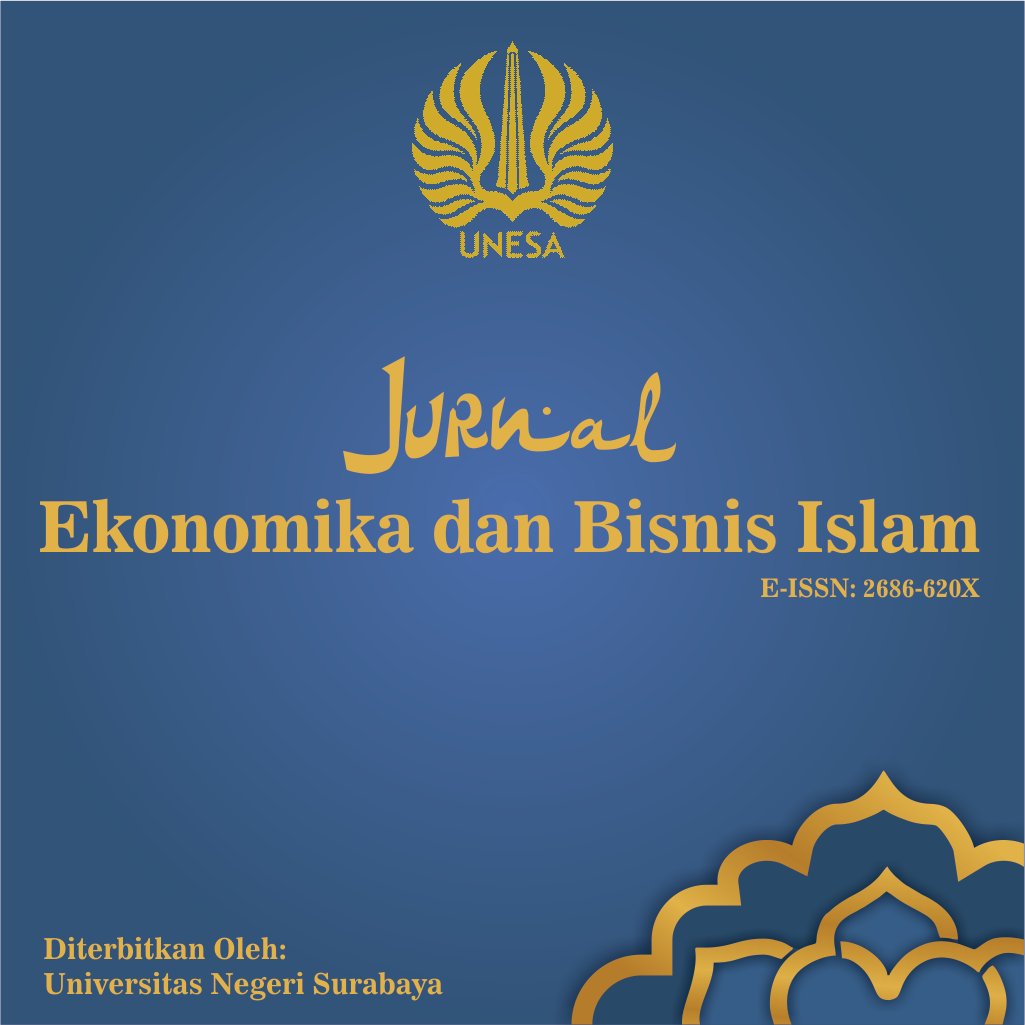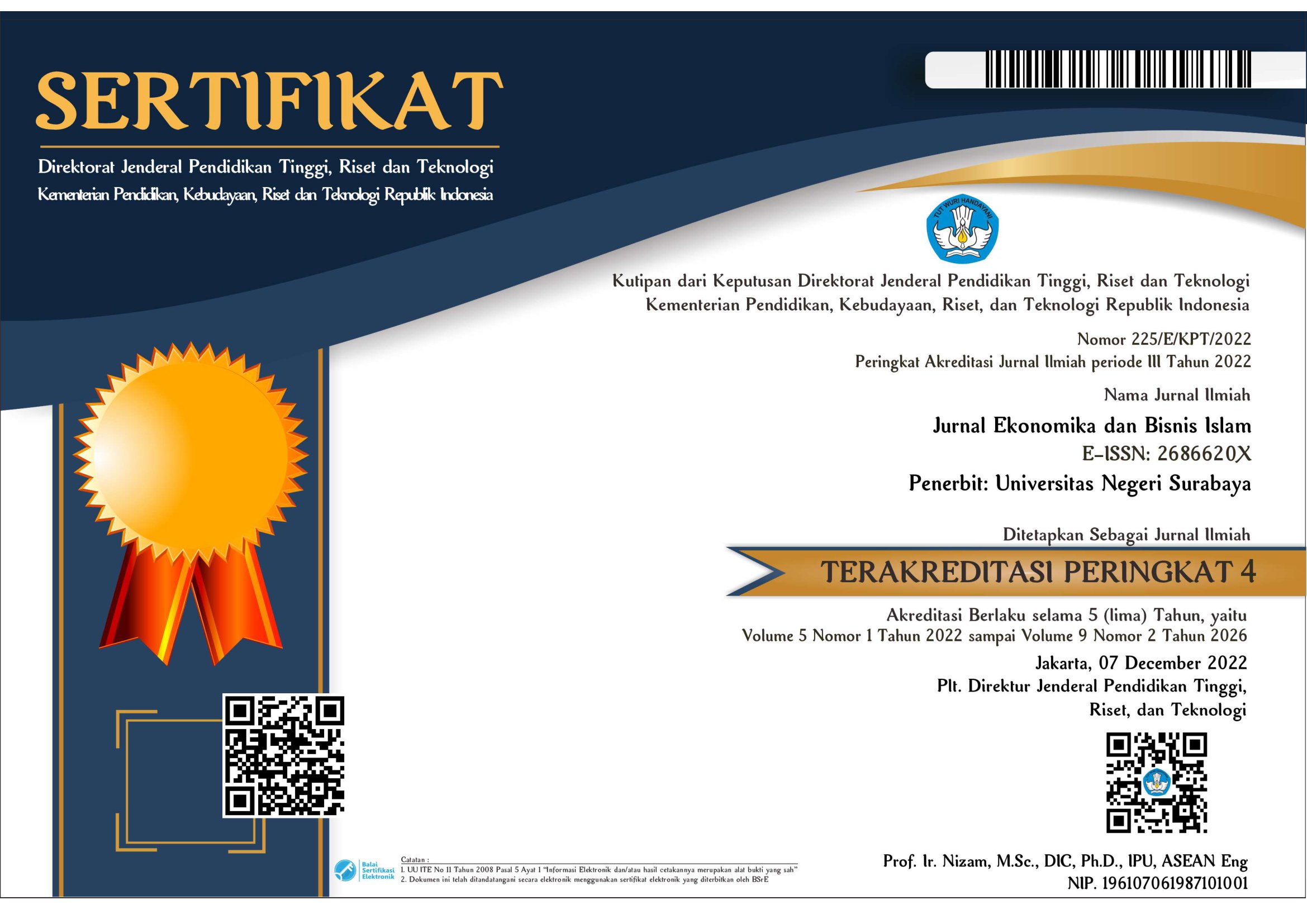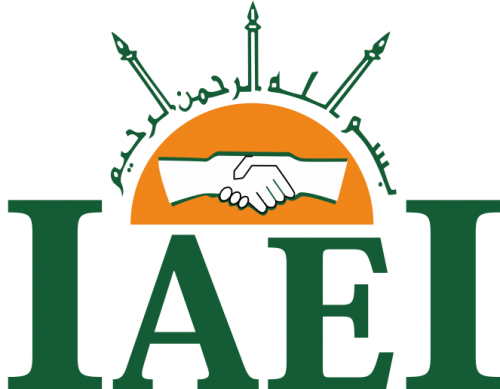Pengaruh Religiusitas dan Demografi Santri Pondok Pesantren Jagad „Alimussirry Terhadap Minat Membayar Zakat Melalui Lembaga Amil Zakat
Keywords:
Religiosity, Demography, Santri, Zakat InstitutionAbstract
This study aims to analyze the effect of the religious and demographic of the santri of 'Alimussirry Islamic Boarding School on the interest in paying zakat at the zakat institutions. The independent variables in this study consisted of two variables, namely the religiosity variables and demographic variables. Religiosity variables are measured using dimensions of worship, belief, religious knowledge, appreciation and practice. While demographic variables are measured using indicators of age, work experience and income. The analysis technique used is multiple linear regression analysis. The results of this study are the variables of religiosity santri of Islamic Boarding School affect the interest of paying zakat at the zakat institution. This is because santri have knowledge of religion more than people who are not educated in a boarding school environment. The demographic variable of the Islamic Boarding School 'Alimussirry affects the interest in paying zakat in the zakat institution, but the influence of this demographic variable is very low because santri does not have income and does not have more work experience. In addition, the young age also affect a person in donating his property.
References
Al-Qur?an Terjemahan Kementerian Agama Republik Indonesia.
Ancok, Jamaludin dan Fuad Anshari Suroso. 2011. Psikologi Islam : Solusi Islam Atas Problema-problema Psikologi, Yogyakarta : Pustaka Pelajar.
Awan, Muhammad Younus dan Farhina Hameed. 2013. The Effect of Demographics, Sosio-economic and Other Characteristics on Donations.
Baznas. 2014. Laporan Penerimaan Zakat Badan Amil Zakat Nasional 2014. Jakarta : BAZNAS
Baznas. 2016. Outlook Zakat 2017. Jakarta : Pusat Kajian Strategis.
Baznas. 2017. Outlook Zakat 2018. Jakarta : Pusat Kajian Strategis.
Baznas. 2017. Daftar LAZ di Indonesia. Diperoleh 29 Agustus 2018, dari baznas.go.id.
Canggih, Fikriyah, Yasin. 2017. Potensi dan Realisasi Dana Zakat Indonesia. al-Uqud : Journal of Islamic Economics. 1 (1) : 14-26.
Kemenag. 2013. Jumlah Pondok Pesantren di Indonesia. Diperoleh 29 Agustus 2018 dari http://jatim.kemenag.go.id/file/file/data/xloq1395925488.pdf.
Noor, Juliansyah. 2011. Metodologi Penelitian. Jakarta : Prenadamedia Group.
Downloads
Published
How to Cite
Issue
Section
License
Copyright (c) 2023 Linawati Arilia, Moch. Khoirul Anwar

This work is licensed under a Creative Commons Attribution 4.0 International License.
This work is licensed under a Creative Commons Attribution 4.0 International License.
 Abstract views: 104
,
Abstract views: 104
, PDF Downloads: 129
PDF Downloads: 129














